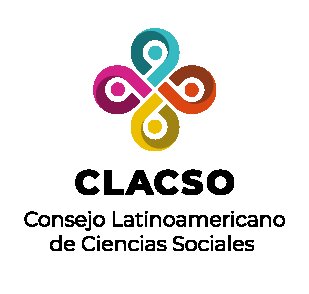Authors
Abstract
Abstract: In this article the implementation and materialization of Human Rights today is explored. In order to do this, various positions related to the development of theoretical advances in this area after the Universal Declaration by United Nations in the mid twentieth century are recovered.The key here is the idea that it is necessary to think of the material dimension of Human Rights which remains eluded or hidden by the spiritual or immaterial dimension that favors the project of Modernity in terms of fundamental rights. To illustrate this thesis, three diverse categories films which in several ways display different accounts will be used to analyze specific difficulties to materialize Human Rights in the global social order in which we live.
Keywords
References
Durkheim, E. (2006). Lecciones de sociología. Granada, España: Comares.
Dworkin, D. (1993). Los derechos en serio. Madrid, España: Planeta.
Galeano, E. (2002). Ni derechos ni humanos. Revista Chasqui, 79, 12-15.
Hart, H. L. A. (2009). El concepto de derecho. Buenos Aires, Argentina: Abeledo-Perrot.
Papacchini, A. (2003). Filosofía y derechos humanos. Cali, Colombia: Universidad del Valle.
Rawls, J. (1993). El derecho de los pueblos. Bogotá, Colombia: Universidad de los Andes.
Sen, A. (2002). El derecho a no tener hambre. Bogotá, Colombia. Universidad Externado. Touraine, A. (1995). ¿Qué es la democracia? Ciudad de Méjico, Méjico: Fondo de Cultura Económica.

 PDF (Español)
PDF (Español)
 FLIP
FLIP
























